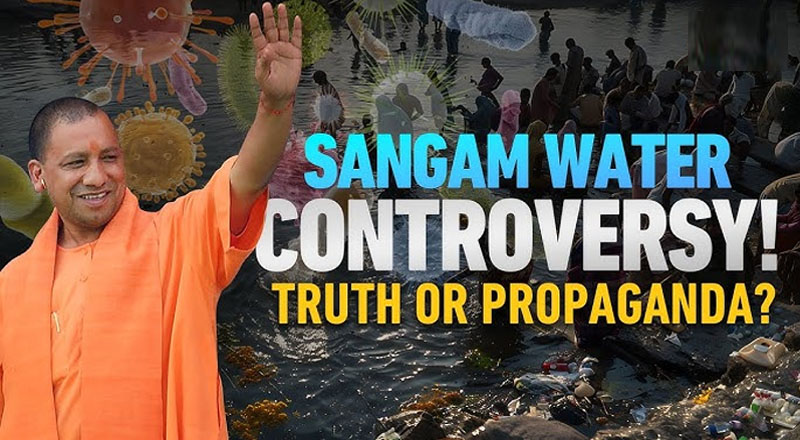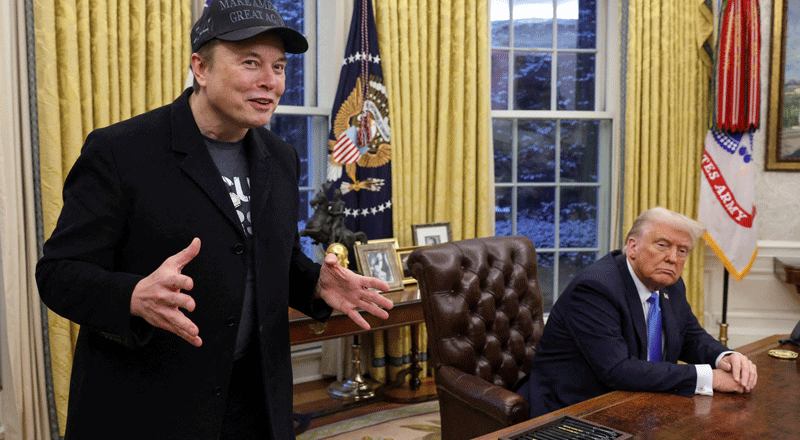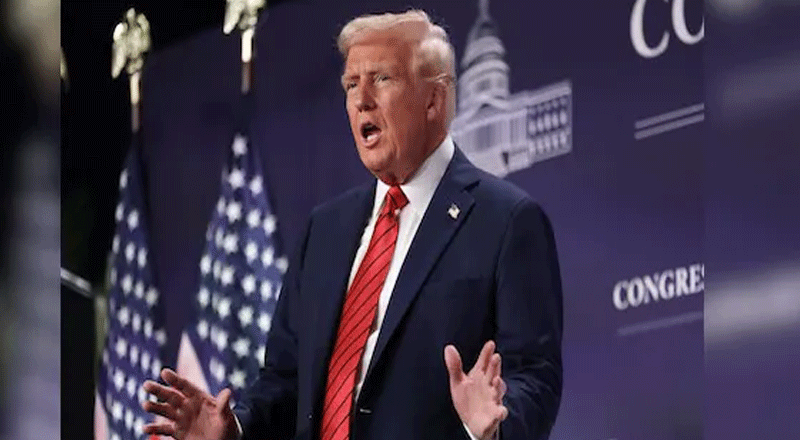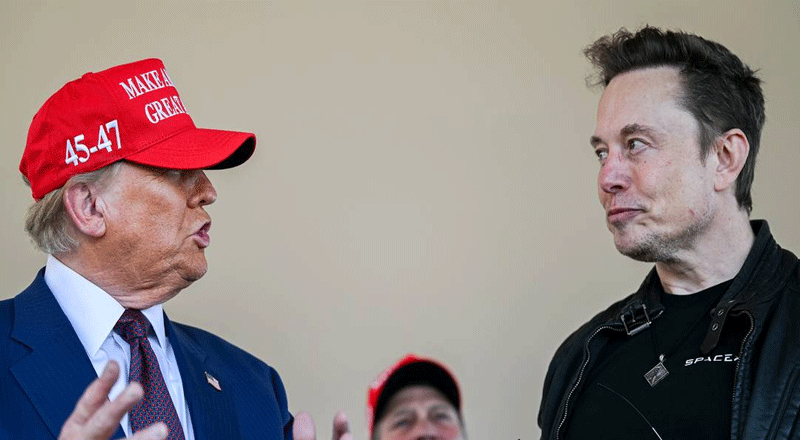Sacred Waters or Health Hazard? Concerns Rise Over Maha Kumbh Bathing
As millions of devotees continue to take a holy dip at the Triveni Sangam in Prayagraj during the ongoing Maha Kumbh, a recent report on faecal bacteria contamination in the river has sparked controversy. The Central Pollution Control Board (CPCB) informed the National Green Tribunal (NGT) that the water quality at several locations in Prayagraj is not fit for bathing due to high levels of faecal coliform bacteria. This revelation has raised concerns about potential health risks, particularly for pilgrims participating in the religious festival.
Faecal coliform bacteria, commonly found in the intestines of warm-blooded animals and humans, serve as indicators of possible contamination. Their presence suggests that the water may also contain harmful pathogens, including viruses and parasites, which can lead to illnesses such as diarrhea, vomiting, and severe infections. With millions flocking to Prayagraj for the Maha Kumbh, fears of waterborne diseases have grown, putting both devotees and authorities on high alert.
Yogi Adityanath Rejects Allegations, Calls It a ‘Malicious Campaign’
In response to the CPCB report, Uttar Pradesh Chief Minister Yogi Adityanath dismissed claims that the Sangam water is unfit for bathing, alleging that this was a deliberate attempt to tarnish the sanctity of the Maha Kumbh. Speaking in the state assembly, he asserted that the event is not organized by any political party but is a grand spiritual gathering of society as a whole.
“This festival belongs to the people, and the government is only facilitating it. As of this afternoon, 56 crore 26 lakh devotees have already taken a holy dip at the Sangam. Any attempt to spread misinformation about the water quality is an attack on their faith,” Adityanath said.
He further stated that attempts to malign the event through “false propaganda” are akin to disrespecting Sanatan Dharma, the holy river Ganga, and the faith of millions who travel from across the world to participate.
Mahakumbh Stampede and Safety Measures
The Chief Minister also addressed the tragic incidents that occurred during the festival, including the January 29 stampede that resulted in several casualties. Expressing condolences, he assured that the government is committed to supporting the affected families. “We extend our deepest sympathies to those who lost their loved ones in the stampede and road accidents. The government stands with them and will provide all possible assistance,” he said. However, he criticized attempts to politicize the tragedy, urging opposition leaders to respect the sanctity of the religious gathering.
The CPCB Report and Health Risks for Pilgrims
Despite the Chief Minister’s reassurances, the CPCB’s findings highlight significant pollution concerns. The report indicates that faecal coliform levels in the river exceed the safe limit of 2,500 units per 100 milliliters, a threshold necessary for bathing safety. The primary source of contamination is untreated sewage discharged from nearby areas, further deteriorating water quality.
Health experts warn that exposure to such contaminated water can lead to severe health conditions, including skin infections, gastrointestinal diseases, and other waterborne illnesses. Given the sheer number of pilgrims immersing themselves in the river, the risk of disease outbreaks remains high.
Political War of Words Over Sangam Water Quality
The controversy surrounding the Maha Kumbh water quality has intensified political debates in Uttar Pradesh. While Yogi Adityanath has accused detractors of attempting to defame the festival, opposition leaders argue that public health must take precedence over religious sentiments.
Congress leaders and other opposition figures have called for stricter monitoring of the river’s pollution levels, with some demanding independent verification of the water quality reports. Environmentalists, too, have urged authorities to take immediate measures to curb pollution and ensure the safety of devotees.
What Lies Ahead? The Future of Maha Kumbh and Water Quality Concerns
As the Maha Kumbh continues, the debate over water pollution versus faith-driven beliefs is unlikely to subside. While millions continue to bathe in the sacred waters of Sangam, the growing concerns over contamination call for better sewage management, stricter pollution control measures, and improved public awareness.
The Uttar Pradesh government has promised to take all necessary steps to ensure the safety of pilgrims while also maintaining the spiritual sanctity of the event. However, with seven days of the festival still remaining, all eyes are now on how the authorities balance faith, public health, and environmental responsibility.
(With inputs from agencies)





